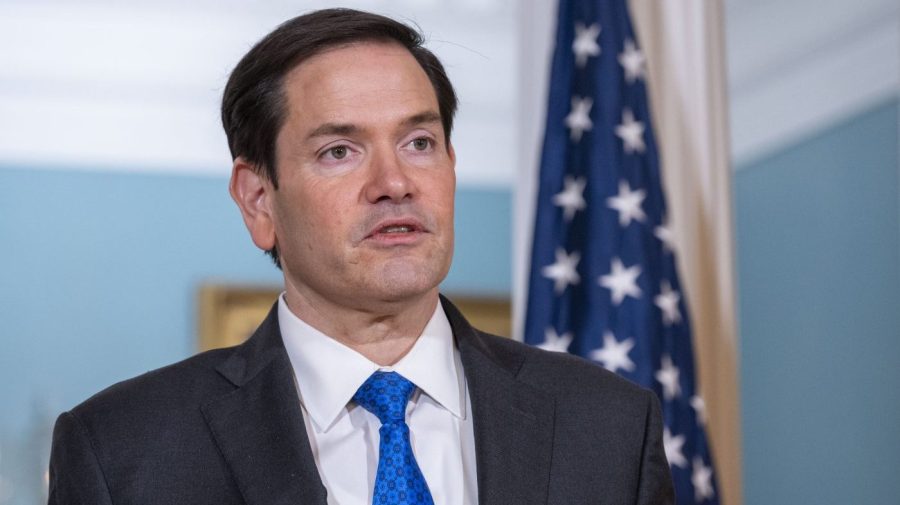UPDATE: Secretary of State Marco Rubio has stated that the United States is currently “not in a position” to either accept or reject a potential peace deal aimed at ending the ongoing Russia-Ukraine conflict. This urgent announcement was made on Sunday, underscoring a significant moment in international relations.
Rubio emphasized that the specifics of any peace negotiations will ultimately rest with the involved parties, namely Russia and Ukraine. “The terms of any agreement must be determined by the two nations,” he stated, highlighting the limitations of U.S. involvement in a war that does not directly engage American forces.
This declaration comes amid escalating tensions and ongoing discussions surrounding the conflict, which has claimed thousands of lives and displaced millions since its onset in early 2022. The humanitarian impact of the war is profound, with families torn apart and communities devastated across both nations.
As the conflict persists, the international community watches closely to see how negotiations may unfold. The lack of a formal peace agreement has led to continued military actions, which only deepen the suffering of civilians caught in the crossfire. Rubio’s remarks signal a critical moment in U.S. foreign policy as it navigates its role in this complex geopolitical crisis.
The focus now shifts to whether Russia and Ukraine can reach a consensus on a peace framework, as the ramifications of the ongoing conflict ripple through global markets, energy supplies, and security alliances.
In light of these developments, experts and citizens alike are encouraged to monitor the situation closely. What happens next may set the tone for future diplomatic efforts, and how both nations approach this critical juncture will have lasting implications for the region and beyond.
Next steps: Watch for updates on diplomatic meetings and the responses from both Russia and Ukraine as they consider their next moves in this high-stakes situation.
